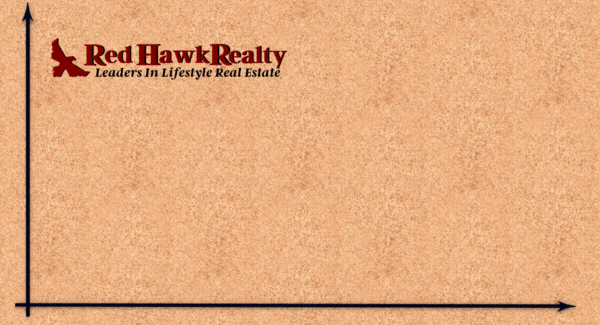Does Raising Rates Really Slow Inflation?

The Federal Reserve raised rates last month to fight inflation. Some economists want more; some politicians want less. What’s the logic? The ongoing debate about fighting inflation and high prices rages on but how do higher interest rates reel in inflation?
According to the experts they help by slowing down the economy by reducing spending and ultimately, demand. “The Fed uses interest rates as either a gas pedal or a brake on the economy when needed,” said Greg McBride, chief financial analyst at Bankrate. “With inflation running high, they can raise interest rates and use that to pump the brakes on the economy in an effort to get inflation under control.” Basically, the Fed policymakers aim to make borrowing more expensive so that consumers and businesses hold off on making any investments, thereby cooling off demand and hopefully holding down prices.
In real estate terms, raising interest rates makes use of credit. By slowing the use of credit, leveraged purchases are decreased, reducing demand. Slowing demand allows supply (real estate inventory) to increase. Rising supply levels reduce price acceleration, thereby theoretically reducing inflation. *Inflation does not account for food and energy prices, which have their own inflationary dynamics not as directly tied to the interbank borrowing rate as other consumables.*
Think about it this way: a 1% bump in rates on $700k home loan translates to about $550/month increase in mortgage payment.
